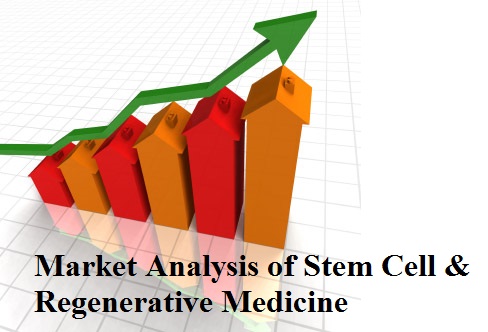
Vassilis Katsares
Embryolab IVF Unit, Greece
Title: Stem cells: A ray of hope for treating infertility?
Biography
Biography: Vassilis Katsares
Abstract
Stem cells play a significant role in the novel branch of modern Biology and Medicine, known as Regenerative Medicine. Due to their regenerative ability, stem cells are looked at as a promising tool for improving infertility treatments in women and men. It has been shown that fully mature egg cells, as well as sperm cells can be grown in the lab, raising hope for new infertility treatments. There has been also evidence that eggs could be fertilised, implanted into a surrogate female and go on to produce live offspring. All the obtained offspring grew up normally without evidence of premature death. Artificially created sperm and eggs could spell the end of infertility at the near future. Stem cells can potentially be developed into any tissue in the human body. Reproductive scientists think it is only a matter of time before the technique is used as an alternative IVF treatment. Nowadays, there is also the new trend of ovarian rejuvenation, using stem cells growth factors to improve the ovulation of older ovaries. However, for all these techniques to become a clinical reality, many potential risks and ethical concerns about the use of stem cells must first be addressed. If the treatment works, it could be extended to even older post-menopausal women. Should the law review the ceiling on how old a woman can be to have this treatment since there is no law stopping a man from having a child late in life? All this research may alter our understanding of male and female infertility and provide solutions to IVF treatments. Though a long way off, if ever, it would be an incredible change in how we view and treat infertility.

